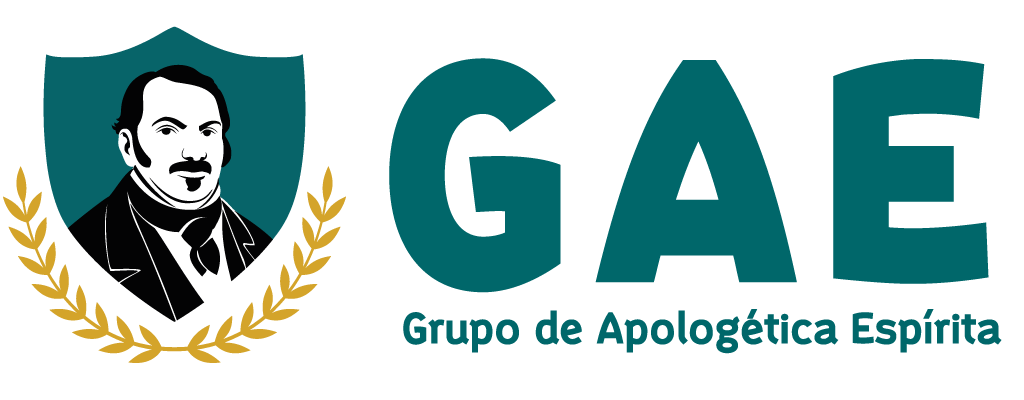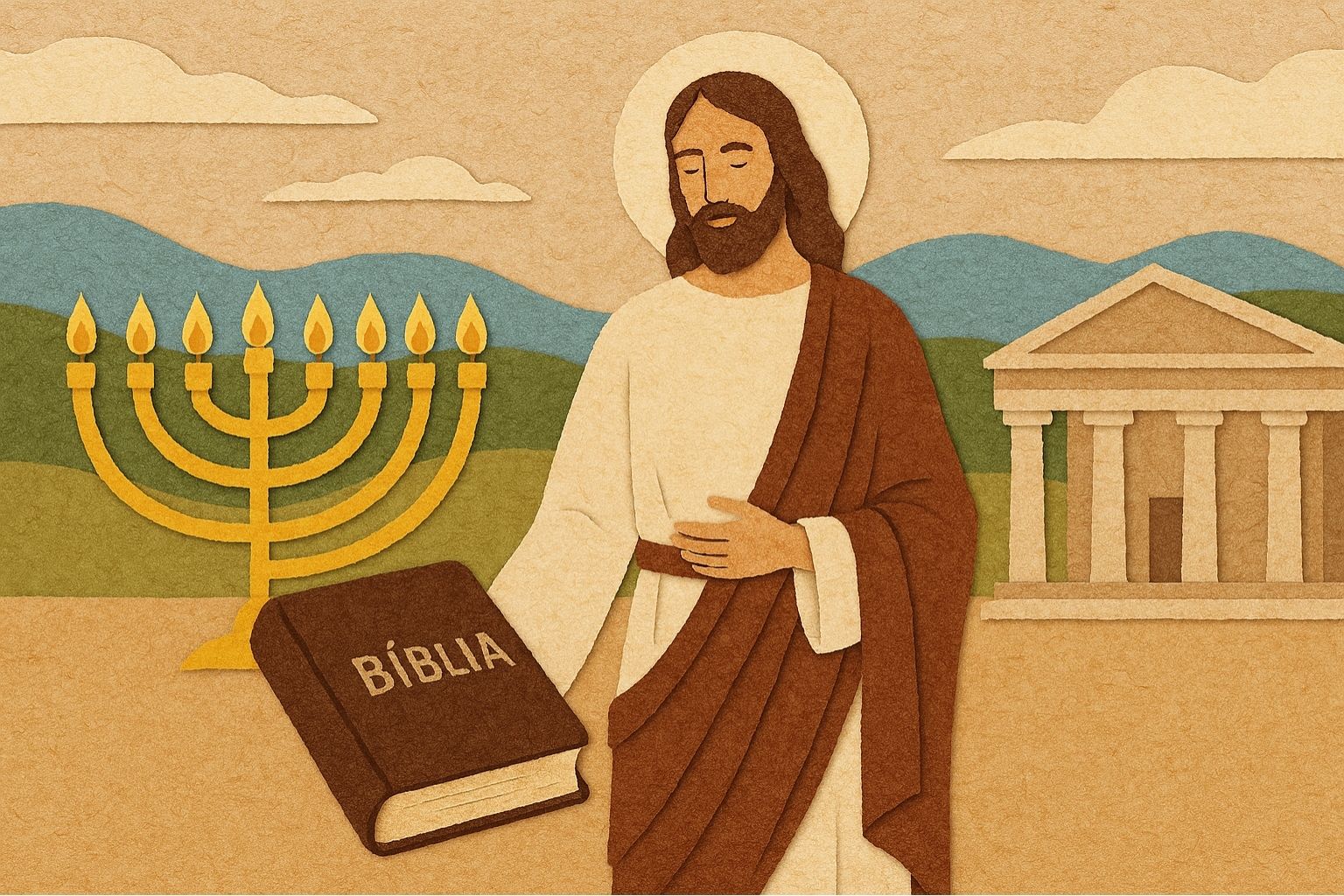|
Getting your Trinity Audio player ready...
|
Resumo: O texto apresentado explora o conceito de Logos conforme apresentado no Evangelho de João, destacando sua síntese das tradições filosófica grega e teológica judaica. Explica que Logos, que significa “palavra” ou “princípio divino”, representa a força ativa e criativa de Deus, que se encarnou em Jesus Cristo. O artigo traça um paralelo significativo entre Jesus e o Tabernáculo do Antigo Testamento, afirmando que, assim como o Tabernáculo simbolizava a presença de Deus entre Seu povo, Jesus serve como o novo “Tabernáculo”, uma manifestação mais completa e acessível da glória divina. Em última análise, o texto argumenta que o Logos habitava em Jesus, tornando-o o veículo supremo para a presença e revelação de Deus à humanidade.
Palavras Chave: Logos, Encarnação, Tabernáculo, Revelação divina, Tradições filosófico-teológicas.
Abstract: The provided text explores the concept of Logos as presented in the Gospel of John, highlighting its synthesis of Greek philosophical and Jewish theological traditions. It explains that Logos, meaning “word” or “divine principle,” represents God’s active, creative force, which became incarnated in Jesus Christ. The article draws a significant parallel between Jesus and the Tabernacle of the Old Testament, asserting that just as the Tabernacle symbolized God’s presence among His people, Jesus serves as the new “Tabernacle,” a more complete and accessible manifestation of divine glory. Ultimately, the text argues that the Logos dwelled within Jesus, making Him the ultimate vehicle for God’s presence and revelation to humanity.
Keywords: Logos, Incarnation, Tabernacle, Divine revelation, Philosophical-theological traditions.


